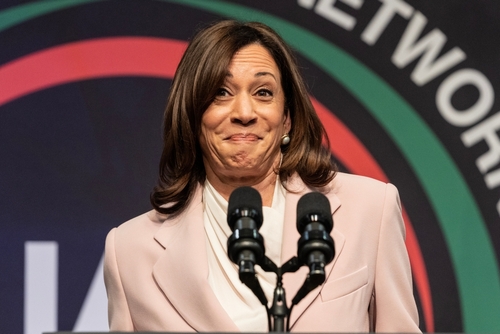
The unexpected election of Donald Trump in 2016 challenged Allan Lichtman’s prediction model, raising questions about its reliability. Lichtman’s “13 Keys to the White House” method failed to predict the 2024 election. Is this method effective?
Lichtman’s Historical Accuracy
Allan Lichtman, a distinguished professor at American University, developed a prediction model that has accurately forecasted the winner of nine out of ten presidential elections since 1984. His model, the “13 Keys to the White House,” relies on a set of true-or-false questions about incumbency, economic conditions, social unrest, and other factors. Lichtman publicly criticized probabilistic forecasts for their inability to be proved or disproved, advocating for his concrete predictions instead.
Lichtman believes that elections reflect the public’s judgment on the incumbent party’s track record rather than on campaign efforts or candidate debates. This belief guided his predictions for decades, proving accurate except for 2016 when Donald Trump was elected. Lichtman’s model miscalculated, predicting a victory for Trump’s opponent, leaving many, including Lichtman himself, astonished by the election results.
NEW: Forecaster who has predicted almost every election since 1984, says Kamala Harris will likely win the election in November.
Allan Lichtman, who correctly predicted Trump would win in 2016 & Biden in 2020, says his forecasts point to a Harris win.
Lichtman uses '13 keys' to… pic.twitter.com/US6LMgvWlH
— Collin Rugg (@CollinRugg) July 29, 2024
2016 Election: A Turning Point
The 2016 election proved challenging for many forecasters, including Lichtman. Despite its long-standing accuracy, his model did not anticipate Trump’s victory. Lichtman’s criteria suggested the incumbent party would continue to hold the presidency, but the real-time voting data during the election told a different story. Allan Lichtman noted the initial gains for Trump with concern, eventually admitting the data was unsettling.
In response to critics, Lichtman cited the focus on the Electoral College as justification for his initial prediction of a Trump win, despite Trump losing the popular vote. Nonetheless, the unexpected result sparked debate about the adaptability of prediction models like Lichtman’s in the face of a changing political landscape.
Professor Allan Lichtman, a purported polling prognosticator who correctly predicted the previous 9 US presidential elections, failed to predict this one accurately. Either his desire to see Kamala win distorted his judgement or the science of political forecasting has become… pic.twitter.com/1tRRP5OIIT
— Thomas (@BullishonMars) November 6, 2024
Evaluating Prediction Models
Post-2016, Lichtman’s prediction model became a topic of discussion and scrutiny. Critics questioned the model’s methodology and its reliance on historical patterns that did not account for unforeseen variables in contemporary elections. Lichtman defended his model by asserting that it is designed to withstand years marked by unprecedented events, an essential resilience in today’s unpredictable political environment.
The discussion surrounding Lichtman’s model extends beyond methodology. It touches on the essence of democracy and the intricacies of presidential elections, revealing how historical analysis aids in understanding electoral outcomes. Moving forward, Lichtman’s experience with Trump’s election serves as a valuable case study for refining future forecasting efforts in politics.











